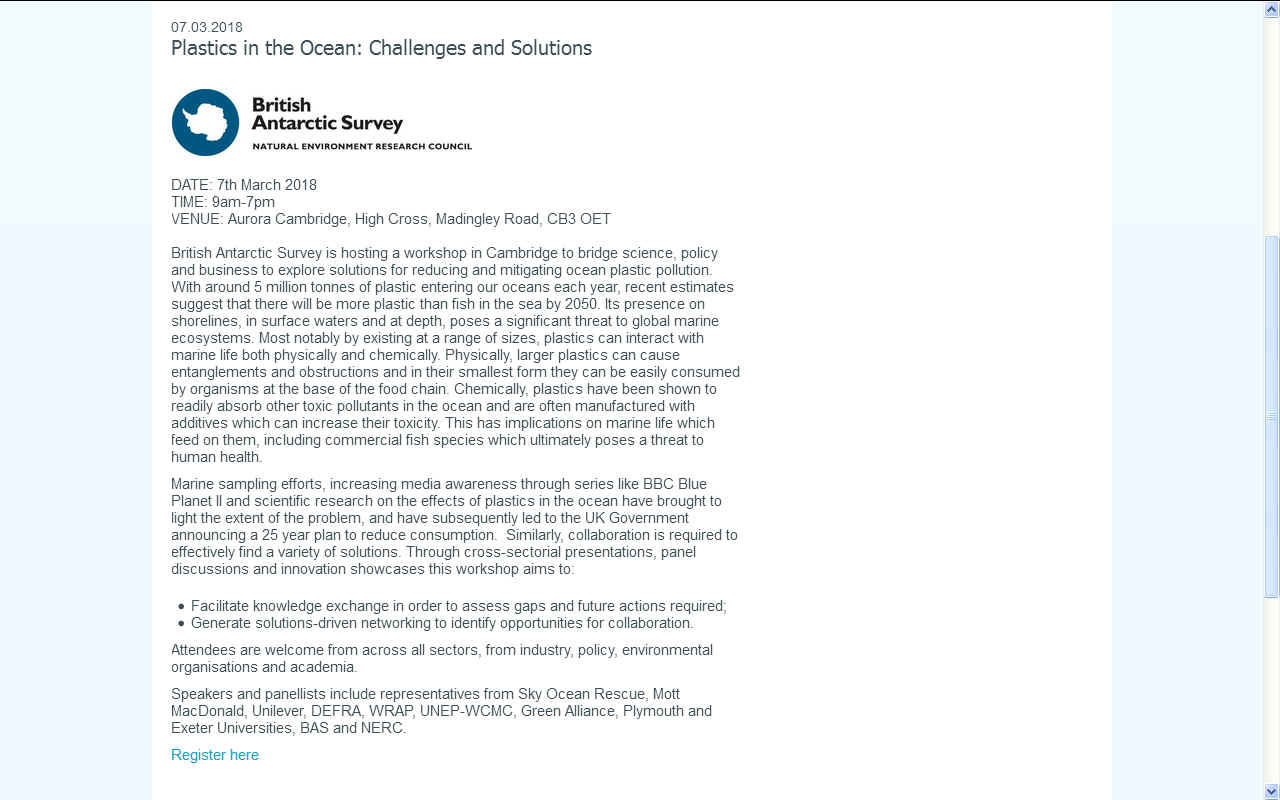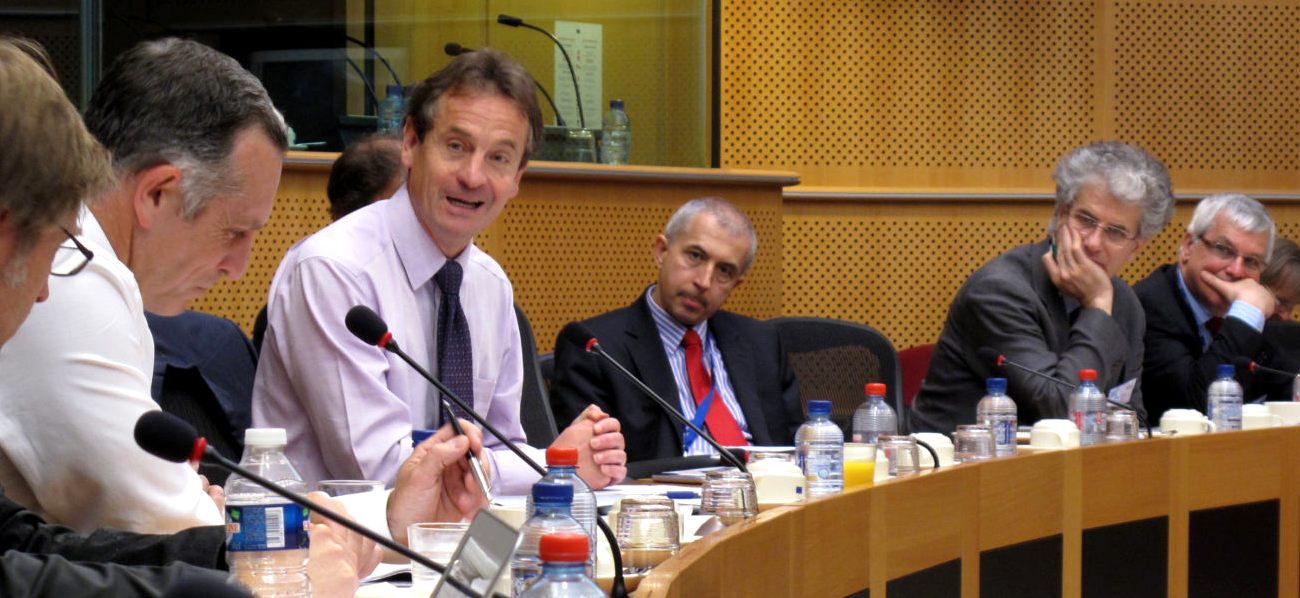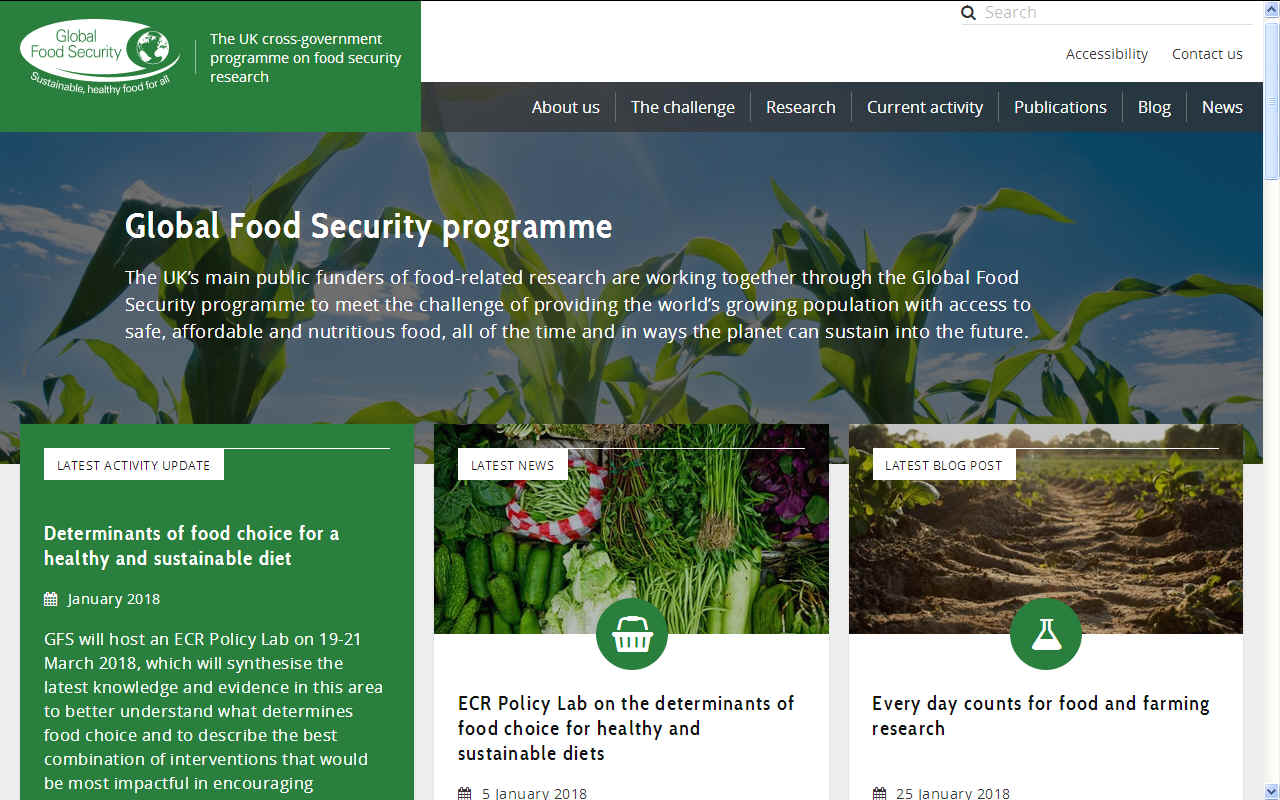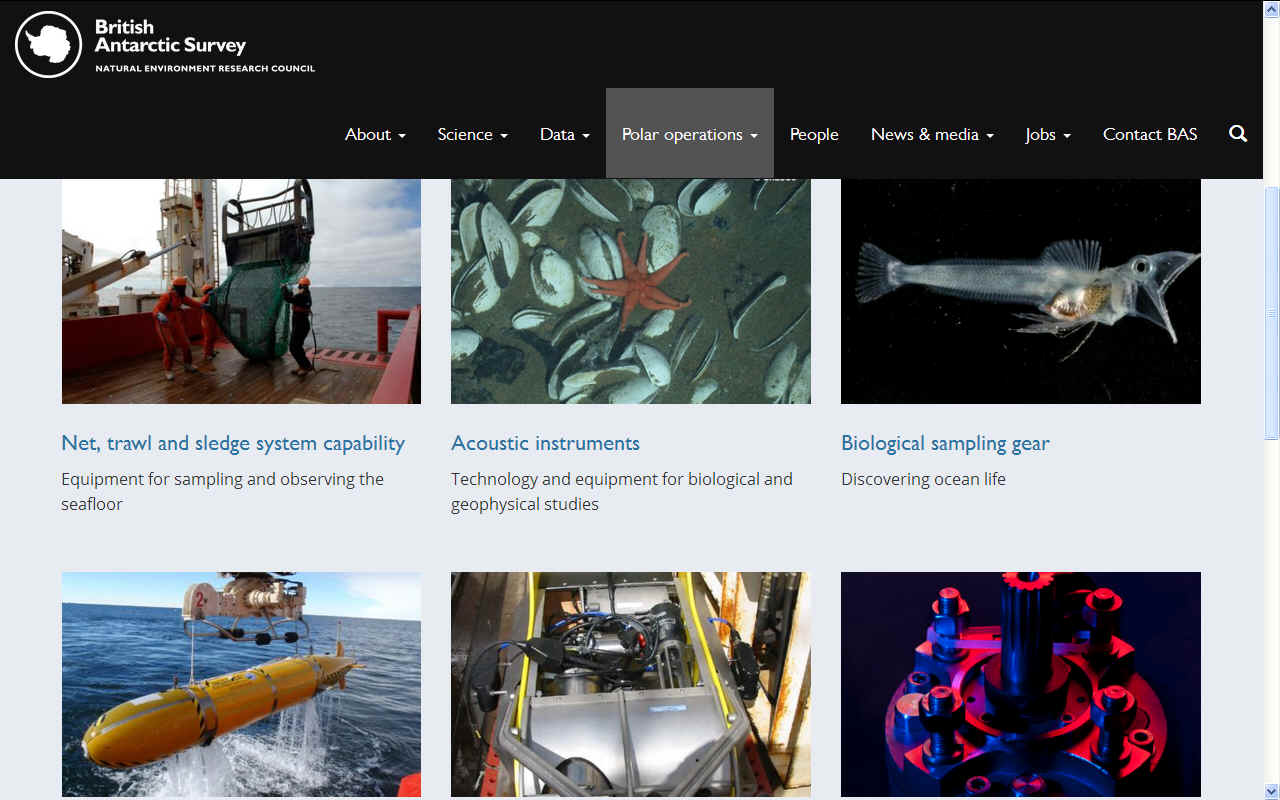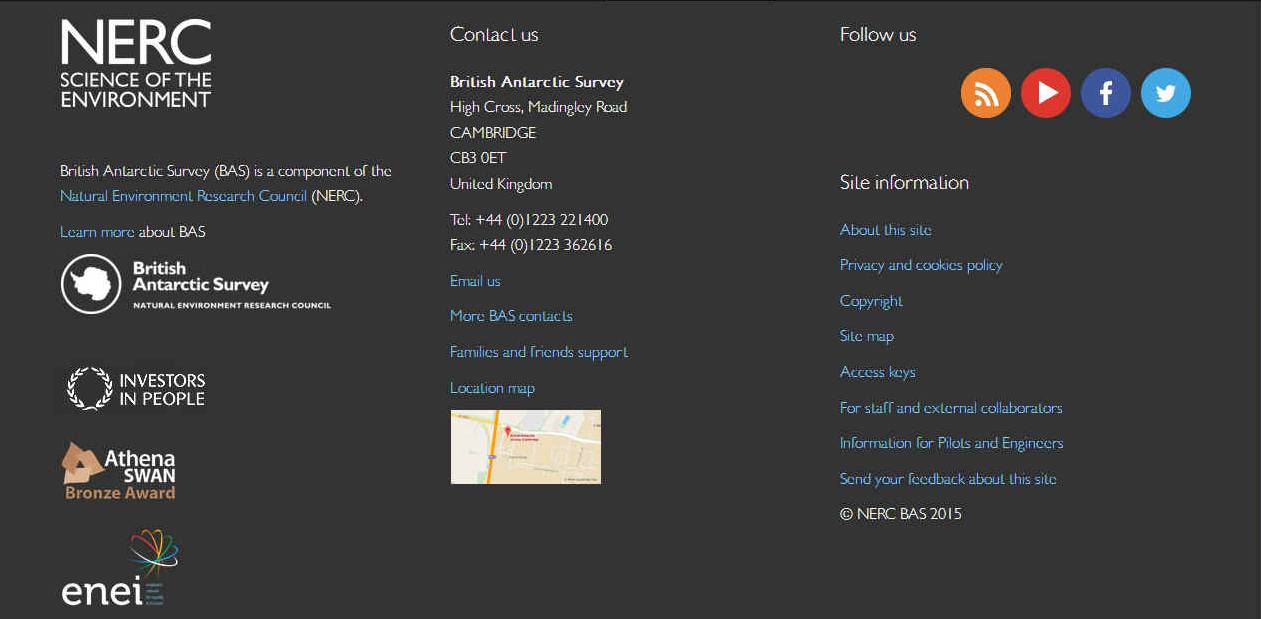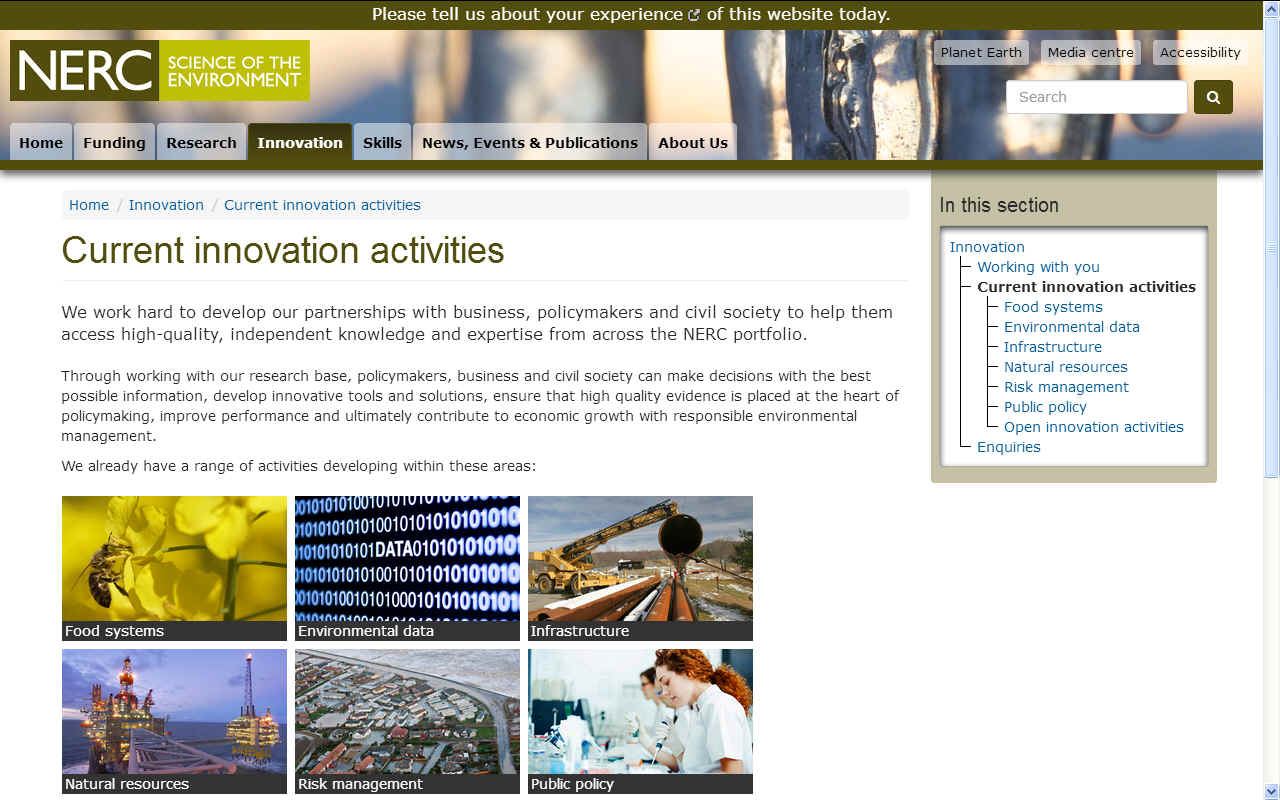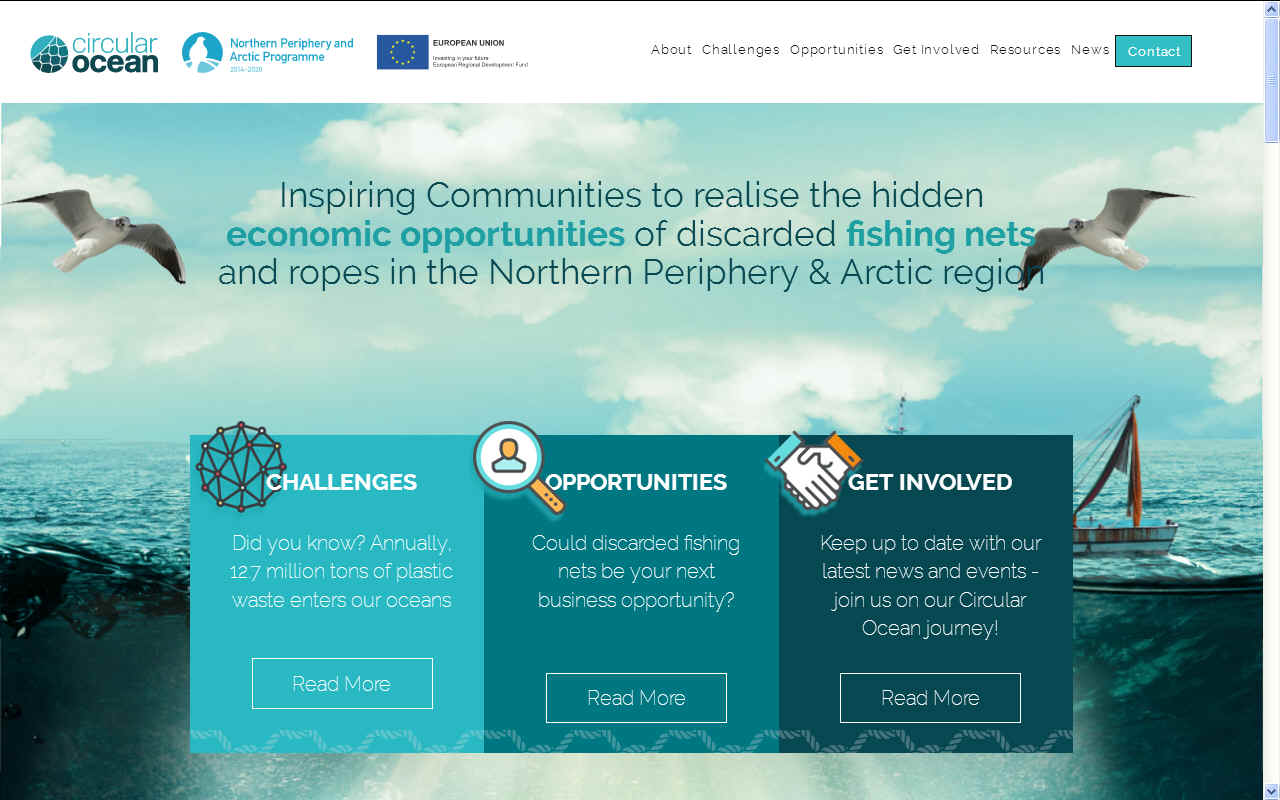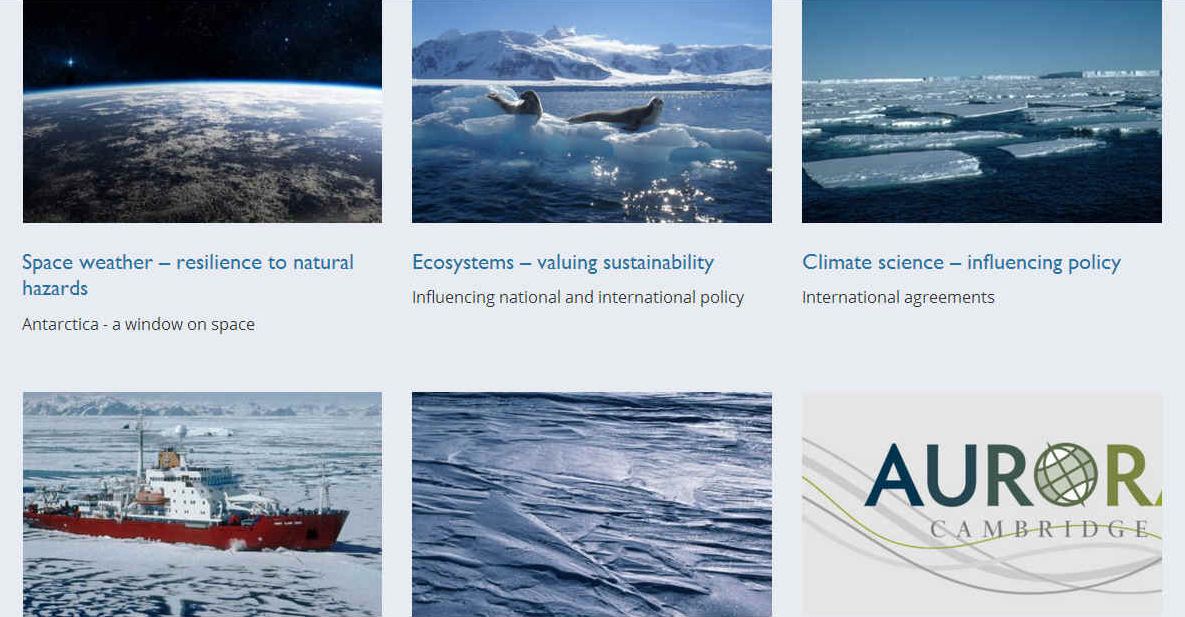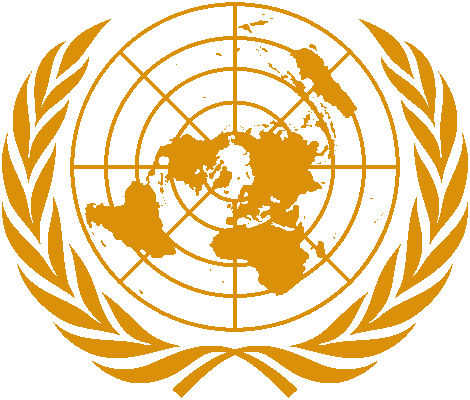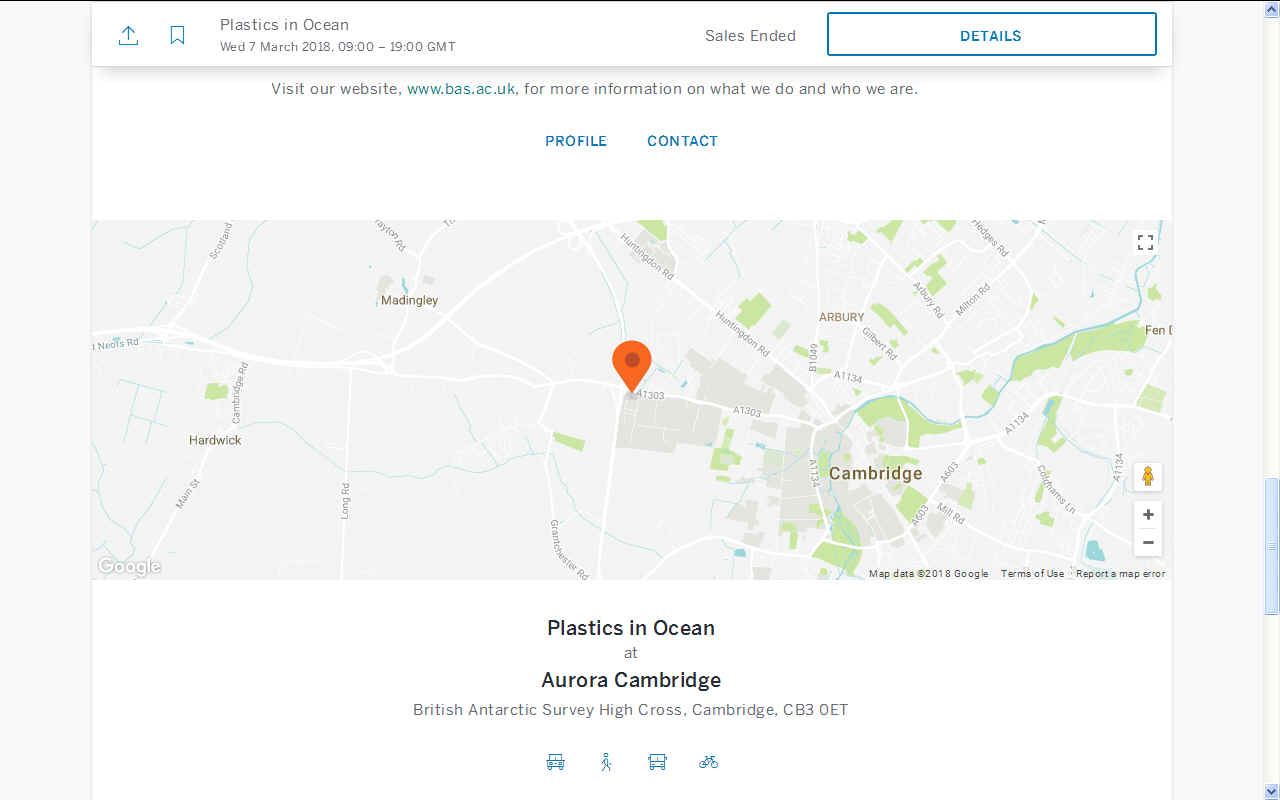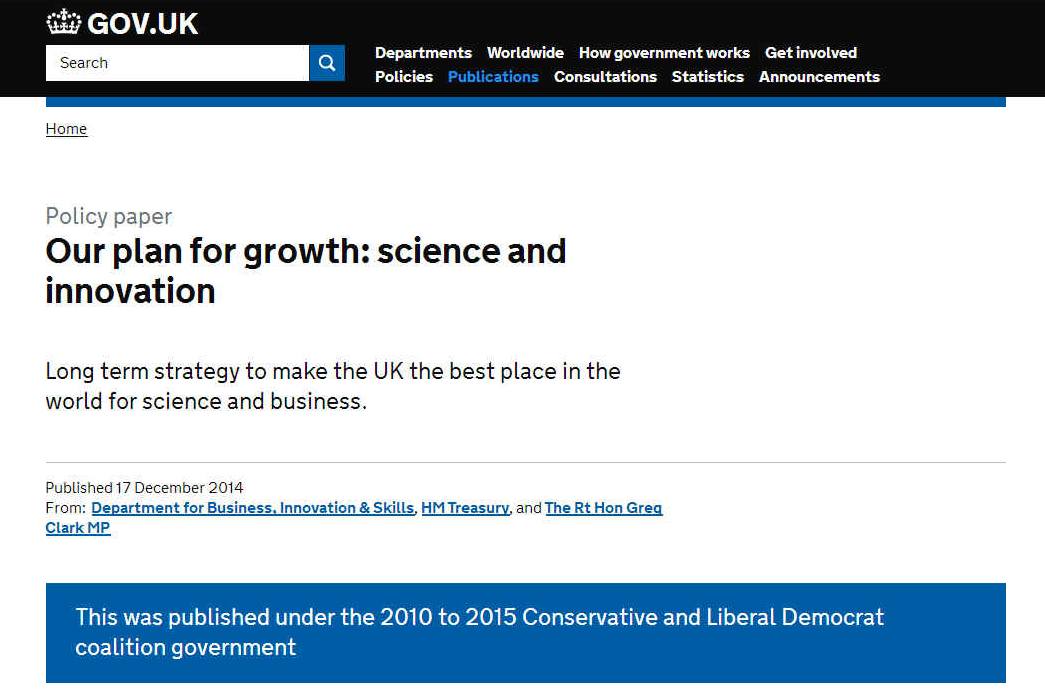|
BRITISH ANTARCTIC SURVEY
ABOUT - CONTACTS - FOUNDATION - HOME - A-Z INDEX
PLASTICS IN THE OCEAN: CHALLENGES AND SOLUTIONS
DATE: 7th March 2018
British Antarctic Survey is hosting a workshop in Cambridge to bridge science, policy and business to explore solutions for reducing and mitigating ocean plastic pollution.
Marine sampling efforts, increasing media awareness through series like BBC Blue Planet II and scientific research on the effects of plastics in the ocean have brought to light the extent of the problem, and have subsequently led to the UK Government announcing a 25 year plan to reduce consumption. Similarly, collaboration is required to effectively find a variety of solutions. Through cross-sectorial presentations, panel discussions and innovation showcases this workshop aims to:
- Facilitate knowledge exchange in order to assess gaps and future actions required; - Generate solutions-driven networking to identify opportunities for collaboration.
Attendees are welcome from across all sectors, from industry, policy, environmental organisations and academia.
Speakers and panellists include representatives from Sky Ocean Rescue, Mott MacDonald, Unilever, DEFRA, WRAP, UNEP-WCMC, Green Alliance, Plymouth and Exeter Universities, BAS and NERC.
CONTRIBUTORS
Chair AM - Hans Jensen, UKWIR
SPEAKERS
AND PANELISTS INCLUDE:
BAS STRATEGY & SERVICES
The British Antarctic Survey (BAS) is an international leader in Antarctic science that is relevant to global problems. We deliver science that is excellent, exciting, and innovative. We also provide world-leading research infrastructure that enables scientists from the UK, and colleagues from many nations, to work safely and effectively in the polar regions.
Understanding how the Earth works, and in particular how it is responding to ever-increasing human pressures, is one of science’s greatest challenges. Within the Earth system, the Polar Regions, although geographically remote, are of special relevance. Antarctic and Arctic sea-ice cover and the great Antarctic and Greenland ice sheets are important parts of the climate system. The polar environment and ecology provides a sensitive indicator of global change. Antarctic sediments and ice cores tell us about the history of past climate, which can help us predict the climate of the future. Seizing these opportunities for globally important research will teach us more about the environmental processes that affect everyone.
BAS is in regular dialogue with policy officials within UK Government departments including the Department for Business, Energy and Industrial Strategy (BEIS), Foreign & Commonwealth Polar Regions Department, the Department for Environment, Food and Rural Affairs (DEFRA).
AQUACULTURE AND FOOD SECURITY
THE NERC awards a number of Open Innovation Placements. Placements work within a host organisation, on a specified project or one of their choosing, which is organised independently of NERC. Researchers will explore and demonstrate how partner organisations can make use of scientific knowledge, data, models or other tools to understand and manage their impacts and/or dependencies on the environment. NERC will cover 100% of the placement's salary on a pro-rata basis, including superannuation, National Insurance and specific allowances, plus travel and other associated costs. Placements cover direct costs only and do not include overheads.
* Researchers, at any career stage, who can demonstrate how NERC funded research could be used to make a real difference to non-academic organisations.
CONTACTS
Natural Environment Research Council
Aurora Cambridge
Cambridge Cleantech Ltd
CIRCULAR
OCEAN - In pursuit of innovative and sustainable solutions for marine plastic waste, the Circular Ocean project seeks to inspire enterprises and entrepreneurs to realise the hidden opportunities of discarded
fishing nets and ropes in the Northern Periphery & Arctic (NPA) region.
THE USEFULNESS OF PLASTIC
In almost all walks of life humans rely on plastic, in many cases without even realizing it. Our clothing , goods and food packaging is plastic reliant. Every time we wash our clothes micro fibres enter the waste disposal systems that are provided by water suppliers and fed into our treatment and sewage systems, finally finding its way into our rivers and thence into the oceans. Clean rivers are thus essential as the link between human intervention and the natural marine world. We must then act responsibly in ensuring that the water cycle that cleanses and nourishes our land is not unduly infected by industrial and urban concentrations.
British Antarctic Survey (BAS) is one of the world's leading environmental research centres and is responsible for the UK's national scientific activities in Antarctica.
See their website for more information on what they do and who
they are.
LINKS & REFERENCE
https://www.bas.ac.uk/ http://www.facebook.com/Cambridge-cleantech http://www.nerc.ac.uk/innovation/activities/ http://www.nerc.ac.uk/innovation/activities/ https://www.gov.uk/government/publications/our-plan-for-growth-science-and-innovation https://www.bas.ac.uk/science/science-and-society/our-research-impact/ https://cambridgecleantech.org.uk/events/plastics-in-the-ocean-challenges-and-solutions https://www.foodsecurity.ac.uk/
This website is provided on a free basis as a public information service. copyright © Cleaner Oceans Foundation Ltd (COFL) (Company No: 4674774) 2018. Solar Studios, BN271RF, United Kingdom. COFL is a charity without share capital. The names AmphiMax™, RiverVax™ and SeaVax™ are trade names used under license by COF in connection with their 'Feed The World' ocean cleaning sustainability campaign.
|
